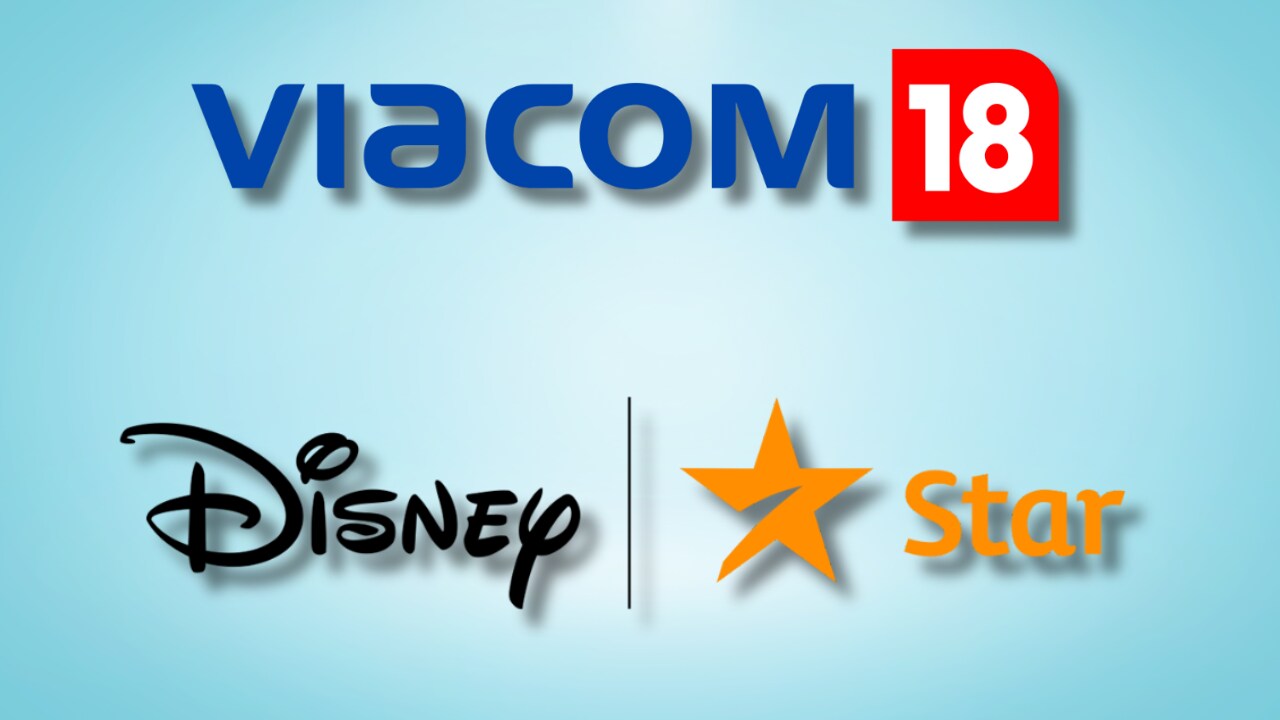Looks like Disney has found its fairytale ending in India with the planned strategic sale to Viacom18. This move will not only position them as a market leader but also establish a sort of monopoly with significant negotiation power over advertisers. Industry experts anticipate a substantial surge in the market share of Disney Star India, owned by Viacom18, following the successful completion of the deal.
A paradigm shift is expected in the current media landscape once the merger goes through.
“The deal will have a significant impact in the media landscape potentially leading to a more monopolistic scenario, especially because the Zee-Sony deal did not materialise. If the deal goes through, together they’d be gaining a substantial market share, with anticipated shares of around 40 percent in TV and 35 percent in digital,” said Karan Taurani, senior vice president at Elara Capital.
The consolidation of premium cricket properties is a major advantage, enhancing bargaining power and allowing for better advertising prices.
Read More: Disney’s valuation slips in Viacom18 deal: What went wrong?
Viacom18 already has the digital streaming rights for IPL(Indian Premier League), along with the TV and digital broadcasting rights for India’s bilateral matches in T20I, ODI, and Test formats for both men’s and women’s cricket. In a bid to expand their viewer base, Viacom18 offered free streaming of the 2023 edition of the IPL on the JioCinema app.On the other hand, Disney Star exclusively holds the TV broadcasting rights for IPL and the digital rights for ICC events.

The combined strength of TV and digital for these premium cricket IPs is naturally expected to do wonders when it comes to AdEx boost for the company.
“Once a platform has a property like IPL, they have massive bargaining powers. In spite of being sold at a premium, IPL inventory being split in TV and digital had been a small roadblock. JioCinema has shown the world what they can achieve with free streaming. That and TV put together will be a massive force. Advertisers will not be able to say no to it,” said a media planner on conditions of anonymity.
However, the strength of the companies would not be restricted to cricket only. Disney’s operations in India include their OTT platform Disney+ Hotstar and their linear TV offerings which has a bouquet of 70 plus channels available in eight languages. On the other hand, Reliance’s Viacom18 houses over 38 TV channels across eight languages alongside their streaming platform JioCinema.
Beyond losing IPL’s digital rights to, Disney+ Hotstar also surrendered all HBO content offerings to JioCinema, resulting in the loss of a loyal audience for popular shows like Game of Thrones and Succession, among others. All of this and more will be salvaged through the deal.
“The significance of the deal between Reliance and Disney is not hidden from the public at large. Keeping in mind the failure of Zee-Sony deal, this deal would indeed have a significant impact on the media and entertainment industry,” said Shashank Agarwal, advocate, Delhi High Court.
“The deal, as understood, envisages sale by Disney of its 60 percent stake in its Indian unit for a consideration value of $3.9 Billion. Considering the size and quantum of the deal, approval from the Competition Commission of India (CCI) would be required. CCI here is the authority that keeps in check the monopolistic practices by the significantly large players,” Agarwal added.
Legal and regulatory concerns
Assuming, the deal is structured as a sale of stake by the promoter shareholder(s) of Disney India to Viacom18, the parties will have to enter into, inter alia, a detailed shareholders’ agreement (the parties to which will have to include even the non-selling shareholders of Disney India) which will provide for the rights of the parties with respect to each other, and with respect to the company itself, i.e. Disney India- such as board representation, governance issues, etc.
“Then there may be a Foreign Exchange Management Act, 1999 (FEMA) angle, if the selling shareholder(s) of Disney India are not Indian residents (as per FEMA-The Foreign Exchange Management Act, 1999), and the remittance for the purchase consideration from Viacom18 would flow outward from India to these residents outside India, then the relevant regulatory requirements under FEMA will have to be satisfied, which are structured in a way to ensure that no excess money, beyond what is determined as per fair market valuation of the shares being purchased, is remitted outside India,” explained Abhilash Agrawal, Counsel (Corporate), Law SB.
Further, Disney India will have to intimate and (most likely) take the consent of its bankers/lenders and material vendors/customers to this deal.
Read More: BREAKING: Disney’s deal with Viacom18 expected to close this month
Beyond this, both Disney India and Viacom 18 will have to approach relevant sectoral regulators to obtain their respective approvals to the deal; for instance, they will have to obtain the approval of the ministry of information and broadcasting, in this respect.
“It is clarified that all of these will have to be obtained as conditions precedent/subsequent to the share purchase agreement that is actually signed between the selling shareholder(s) of Disney India and Viacom18; and even if the deal is structured as a merger between Disney India and Viacom 18, all of the above will be required to be done (in terms of the merger scheme submitted), after which the merger scheme will be adjudicated upon by the concerned National Company Law Tribunal, for its approval,” Agarwal added.
